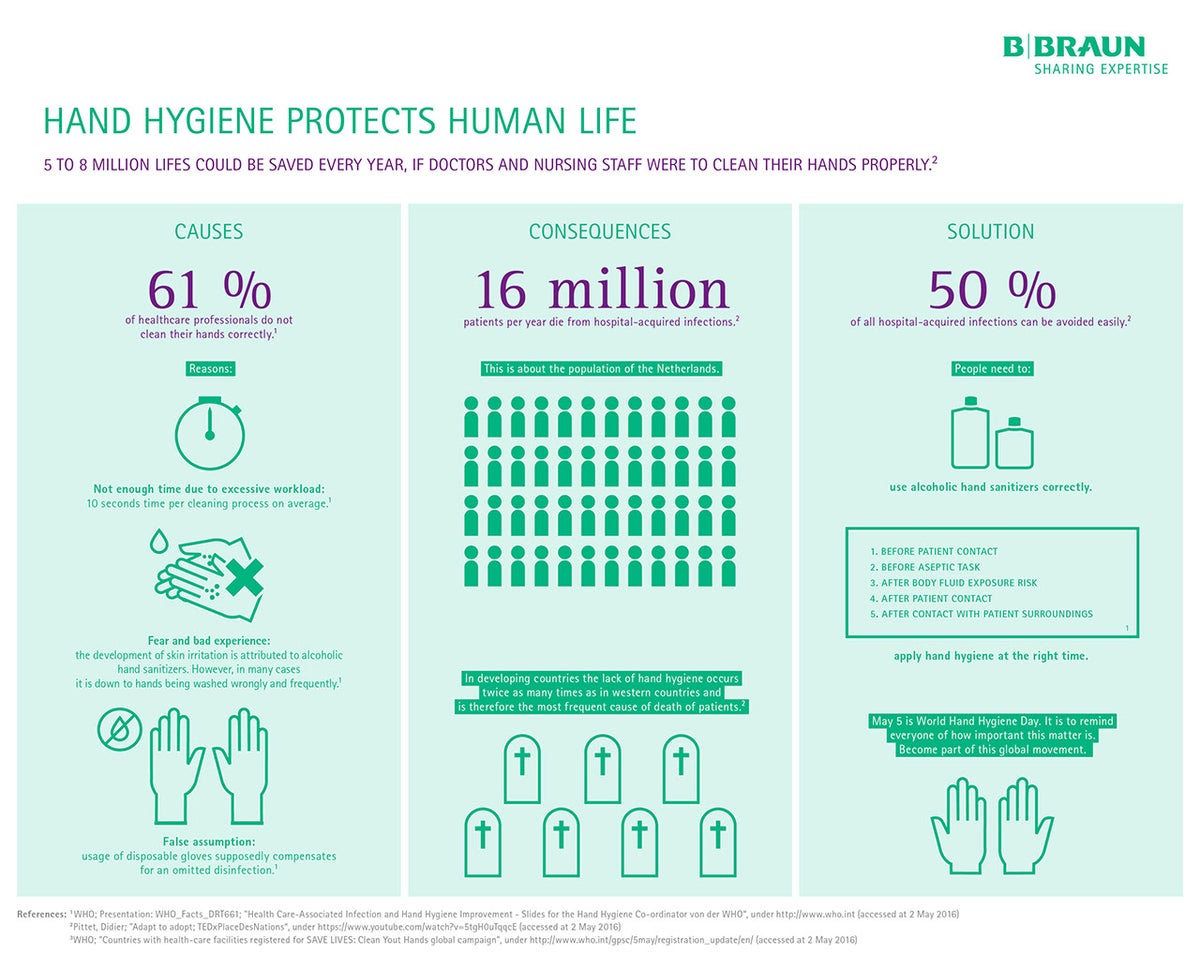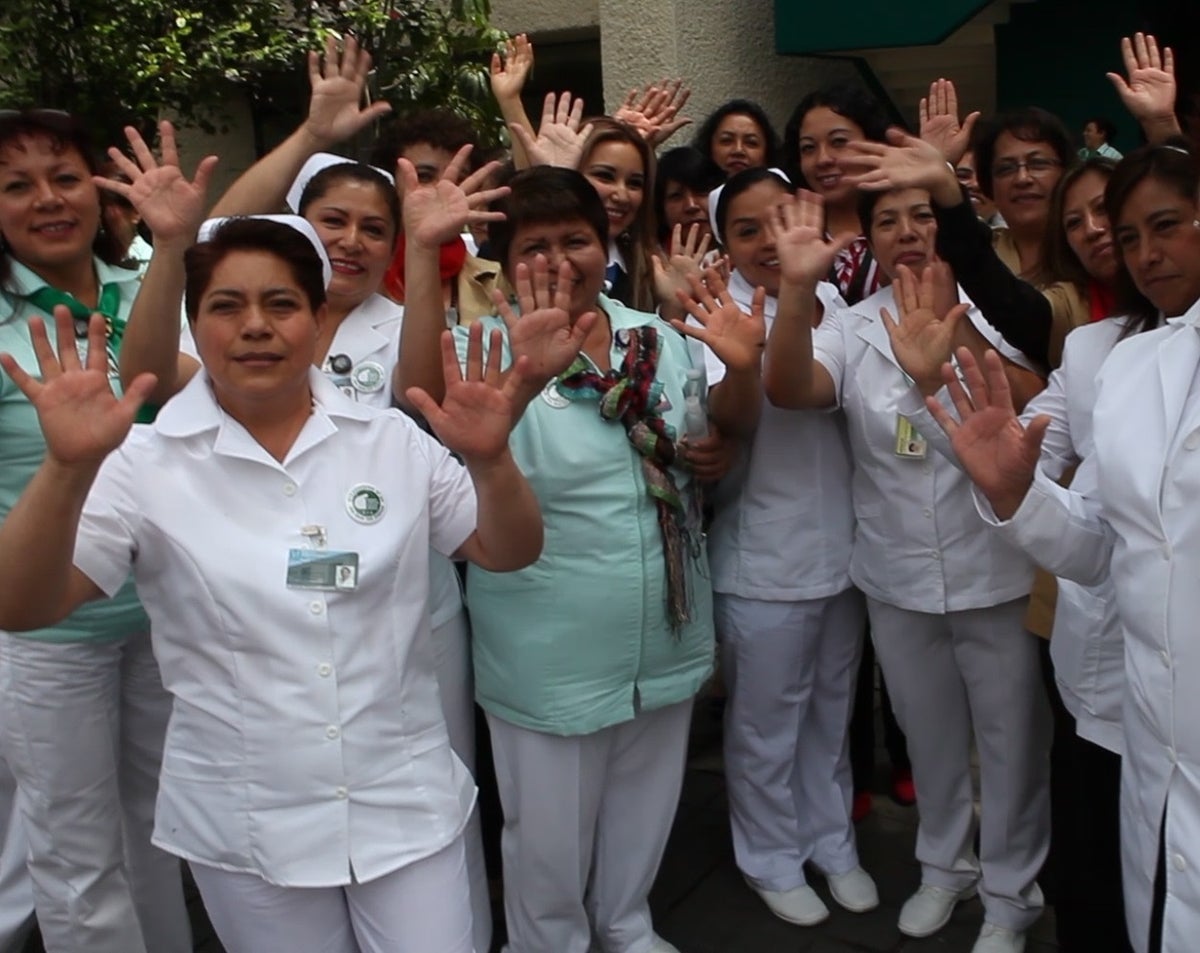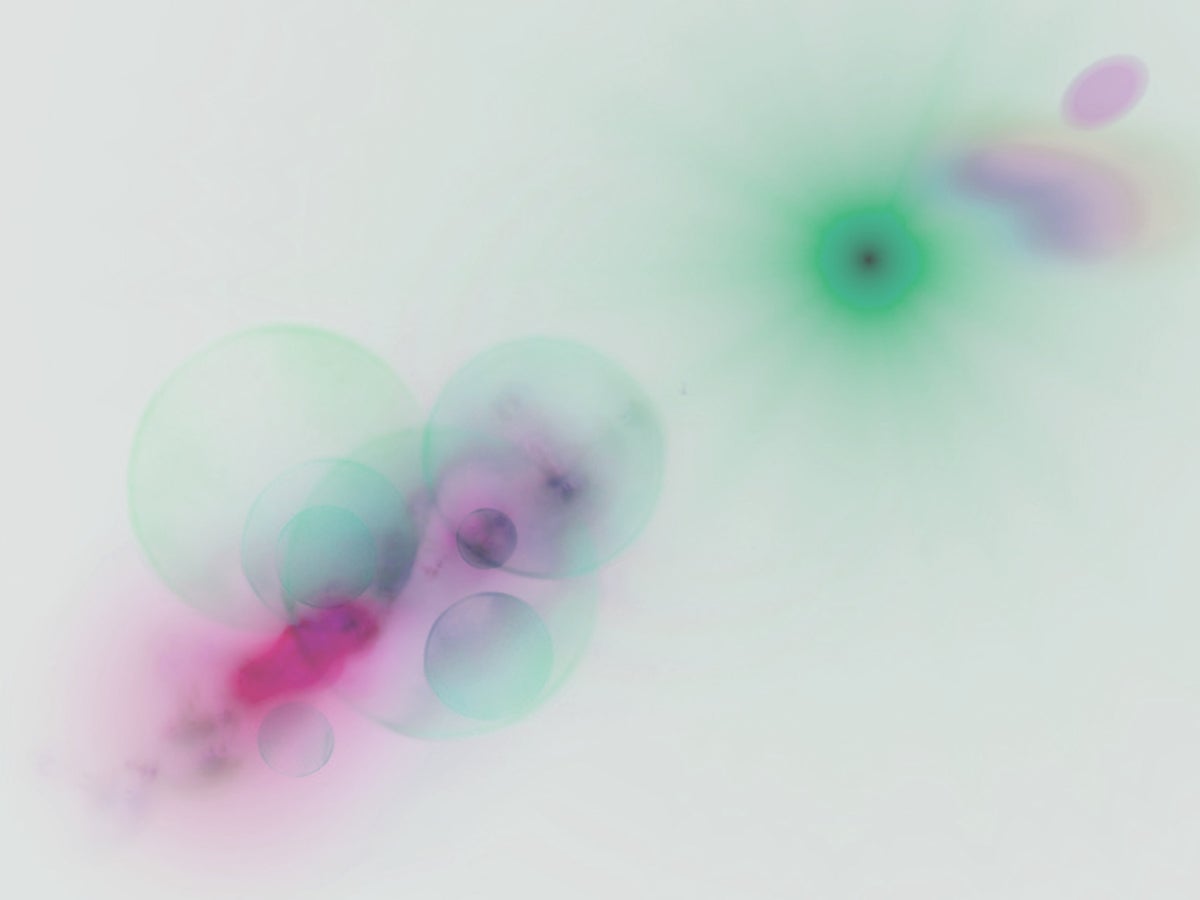Hand hygiene is simple but not trivial
Hand hygiene is one of the most important measures for preventing hospital infections. It remains a mammoth undertaking around the world.
Soon it's May 5th, and another World Day. This time, it's World Hand Hygiene Day. The WHO initiated it in 2009 and is part of the "Save lives – clean your hands" campaign. But is hand hygiene really a problem that needs a global day of its own? Some facts:
In principle, washing and disinfecting hands is simple. There are effective and well tolerated products, such as Promanum pure. And in clinics and medical practices, it is well known: staff members' hands are the most significant pathogenic transmission vehicles. That's why hand hygiene is one of the most important measures for preventing hospital infections.1
Theoretical knowledge is not always practicable in everyday life, however. According to information from the WHO, 61 percent of medical and nursing personnel do not clean their hands in accordance with regulations. Moreover, the majority of so-called hospital infections would be prevented if staff cleaned their hands according to a specific procedure, at the critical moments in time2. 5 to 8 million deaths could be prevented each year, explains Professor Didier Pittet, Director of the Infection Control Program at the Geneva University Hospital, member of the medical faculty at the University of Geneva and External Director of the WHO First Global Patient Safety Challenge: Clean Care is Safer Care, in his TEDx-Talk.
B. Braun is a founding member of the Private Organization for Patient Safety (POPS) of the World Health Organization (WHO). The goal is to achieve a reduction in therapy-associated infections by improving hand hygiene on the basis of the WHO program "Clean Care is Safer Care." B. Braun is committed to raising global awareness of the importance of hand hygiene, for example with the Hand Hygiene Excellence Award(www.hhea.info).



